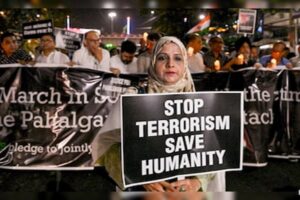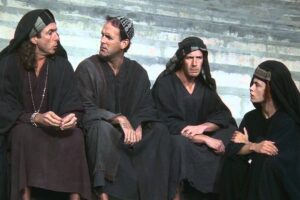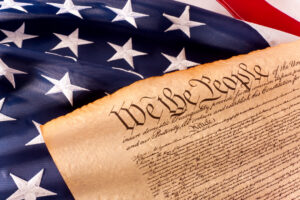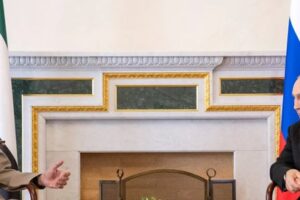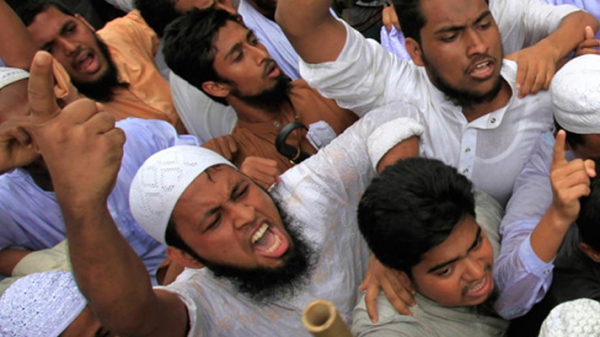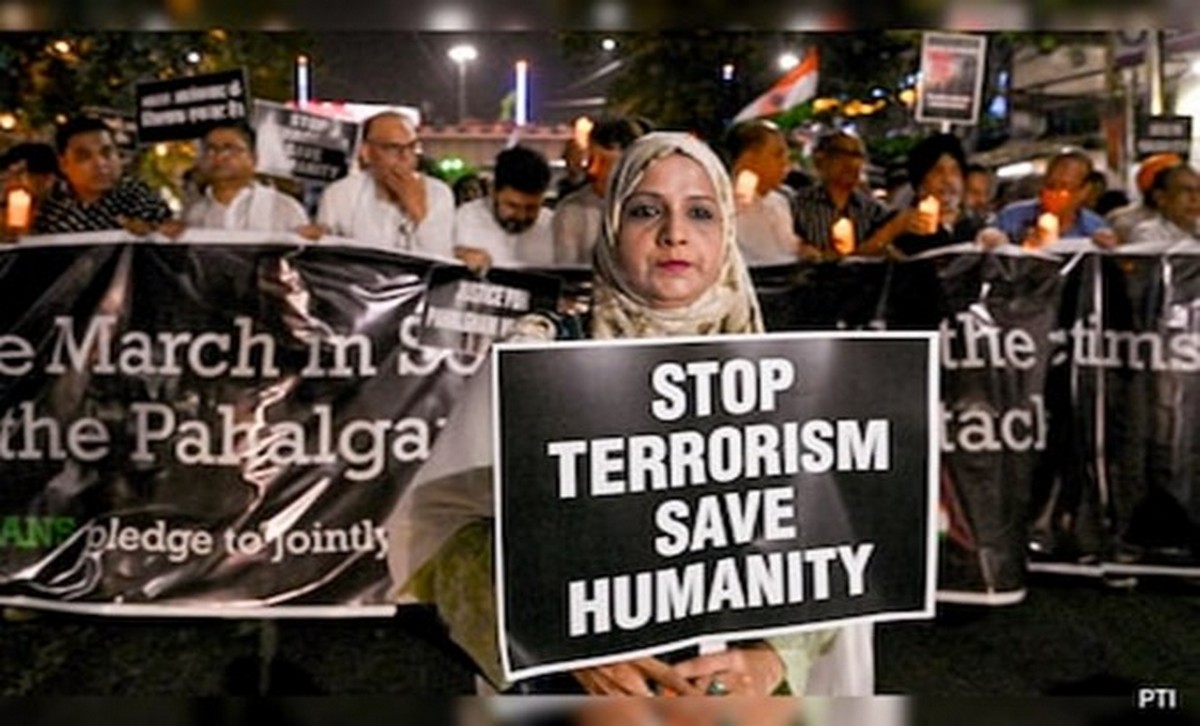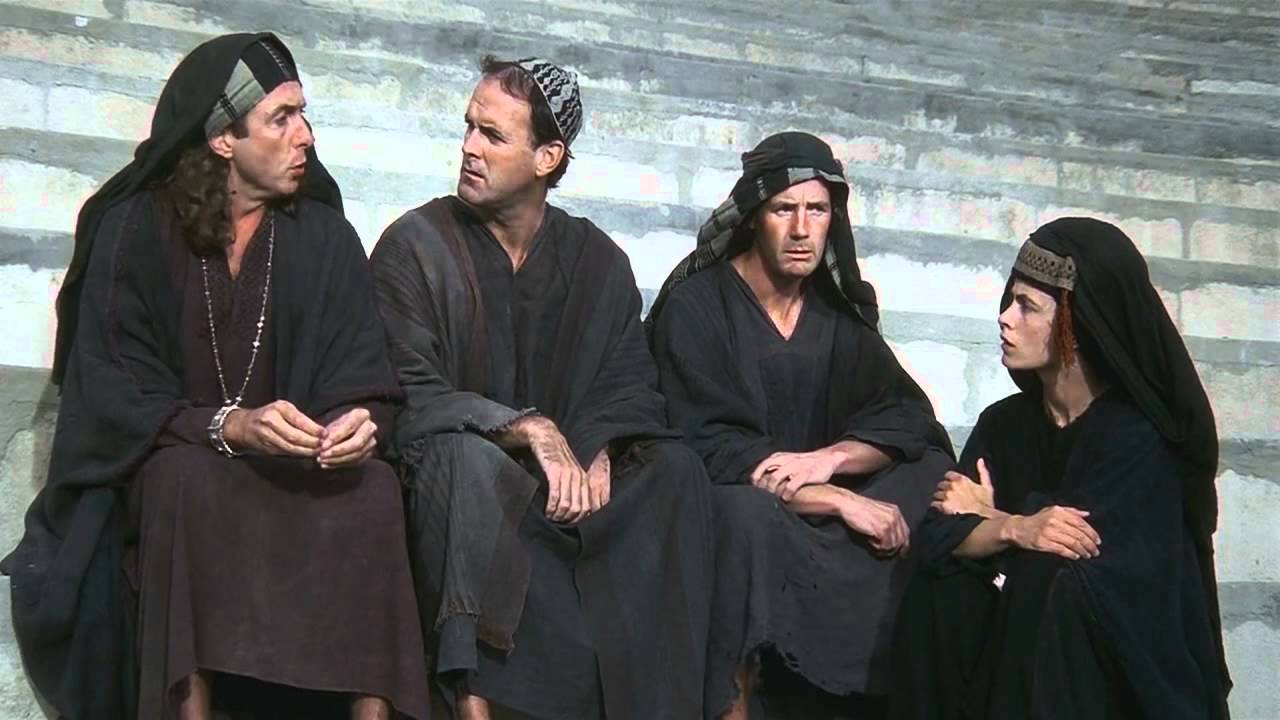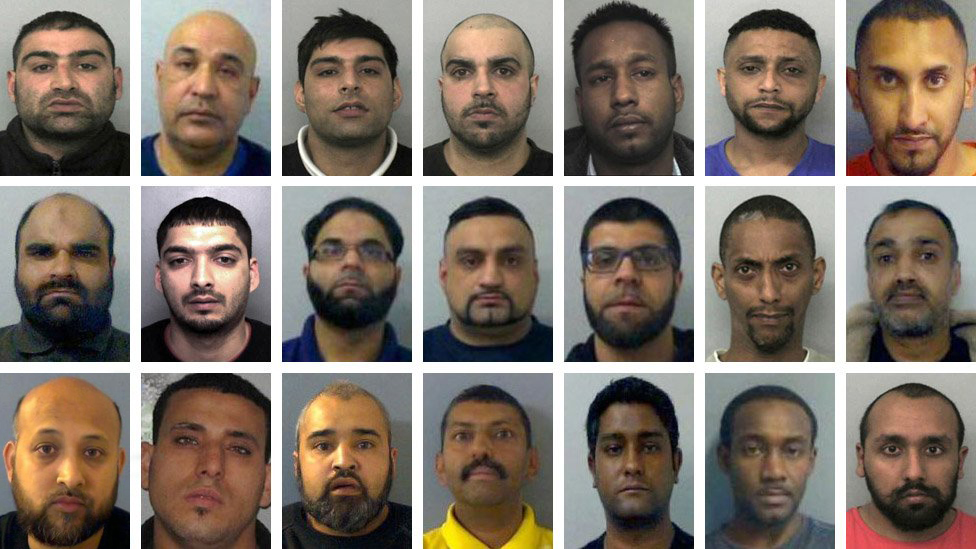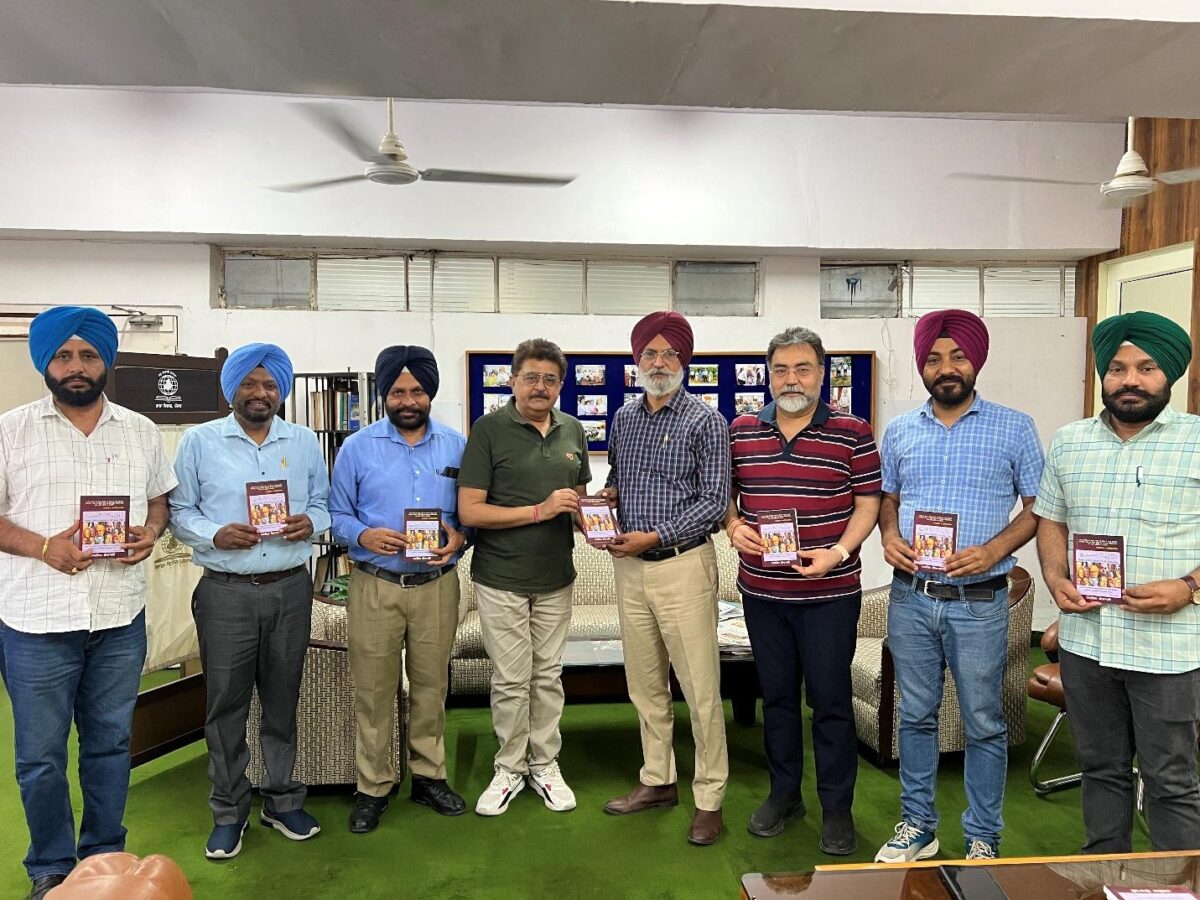If there are any followers out there who’ve read about my scholastic childhood before, I’ll first offer my sincere apologies as I’m going to recite the story once again for the purpose of this article.
I was baptised into the Church of England. My father, an Anglican, made an informal prenuptial agreement with my Mum, a Catholic, that he would marry her in a Catholic church so long as any children they had would be raised in the Anglican faith. Until I attended secondary school, I had always been educated in primary state establishments. However, my mother believed (and still does) that Catholic secondary schools offer a superior degree of education to that of their state counterparts. After managing to put her case to the local Catholic priest, I was admitted to my first ever Catholic educational establishment on September 11th, 1984.
I loved that school. There’s not a day that goes by when I don’t wish I was back there in those times, enjoying childhood experiences I still feel privileged to have been part of. The school had a strong Roman Catholic ethos? Why should it not? It was a Catholic school after all! Every six or seven weeks, pupils would attend Catholic Mass at a beautiful modern church within the adjacent complex of St Joseph’s Convent. We’d traipse through a large open gateway that led from the school to the convent, where there would follows 40 minutes of Catholic prayer. Never once did I or my father raise any objections to me attending such a service. My father was open-minded enough to believe that attendance at a Catholic school meant participating in Catholic religious practices. Reciting a few ‘Hail Mary’s’? You’d better believe it! The only thing I never did was take part in the Eucharist as I’d been confirmed in to the Church of England and was therefore unable to receive the host from a Catholic celebrant. I don’t think any of my fellow year peers even knew about my Protestant background until I turned up to the Sixth Form one day proudly wearing a Glasgow Rangers football jersey. Religious differences were never a thing at my school, or indeed in any other school I knew at the time. If you went to a particular seat of learning, you abided by that school’s religious or secular code. It’s as simple as that.
Well, it would be if we didn’t live in an era where we’re beset on all sides by a religion whose doctrinal rigidity is so obsessive, that every society who imports its followers in large numbers has to be put through the most absurd contortions on issues such as freedom of expression and value-based cultural conformity. I am, of course, talking about Islam. A religion so impervious to any form of criticism, lampooning, questioning or restriction that the default response of many of its adherents is to threaten, and in many cases carry out, mass violence. Now I know there are a few minor sects in other creeds that could be considered something of a danger to everyday citizens. But they are so small in number and probably so well known to state intelligence that their capacity to carry out atrocities is, thankfully, almost negligible. Not so with Islam. It remains to date the only religion where an author who incurs its theocratic wrath ends up losing an eye from a deranged true believer; the only religion so infused with Jew-hatred that Semites across several European countries (not least our own) live in fear for their communities because Israel is currently fighting back against terrorists who wish to obliterate it; the only religion whose sense of exceptionalism is so pervasive that a pupil who attends a school rooted in secular principles has the audacity to kick back against those principles and cause disruption along the way.
I am talking about the Michaela School in Brent, north-west London. This is a place of learning with exam results considerably better than that of many neighbouring schools. The Headmistress (yes, I still use masculine and feminine terms), Katherine Birbalsingh, operates both a strict secular and traditional way of teaching. Indeed, the school prospectus makes it very clear what sort of environment the kids can expect to find when they enrol. So why do we, once again, have to be spectators to a vortex of unnecessary controversy because followers of Islam think they must always be afforded a favourable dispensation thanks to their uncompromising religious rituals? (https://www.bbc.co.uk/news/uk-england-london-68000098)
Had a Catholic or Anglican pupil been denied the opportunity to pray in an exhibitionist way at a school, I doubt the parental response would be anything more severe than a strongly-worded letter of disapproval – and only in the very rarest of circumstances. There’s no way such a benign outcome could be possible with that lot! Deny a Muslim pupil the chance to go prostrating themselves around a secular school premises, bowing to the east and shrieking “Ash-hadu an la ilaha illa Allah, Wa ash-hadu anna Muhammadan Rasulu-Allah” at an annoyingly loud volume, and you can bet your last prayer rug that the backlash won’t be pretty. In this case opposition from Muslim students and Muslims in the area has consisted of harassment, an online campaign, glass bottles thrown over the school railings and a brick thrown through one teacher’s window. The school’s barrister stated in court that staff were left “fearing for their lives.” Imagine that! Fearing for their lives! This is the United Kingdom in 2024, not the Islamic Republic of Iran after the fall of the Shah!
Why do we tolerate such goings-on in our country? More to the point, why do those in positions of power not admit to the very obvious point that this represents another chapter in the voluminous encyclopaedia of multiculturalism failures? Whilst we can admire Birbalsingh for standing firm in the face of threats and intimidation, her appeal to multiculturalism to defend the policy does not work. She says in one of her tweets:
“our school must be a place where children of all races and religions buy into something they all share and that is bigger than themselves: our country.”
But that’s the problem! Multiculturalism doesn’t give credence to the idea of ‘the country’. It primarily, and in Islam’s case exclusively, places communal or religious bonds over a wider sense of society or patriotism. That’s the tragedy of what we face in the early half of the 21st Century. What I firmly believe is such a situation will be utterly unsustainable going forward.








